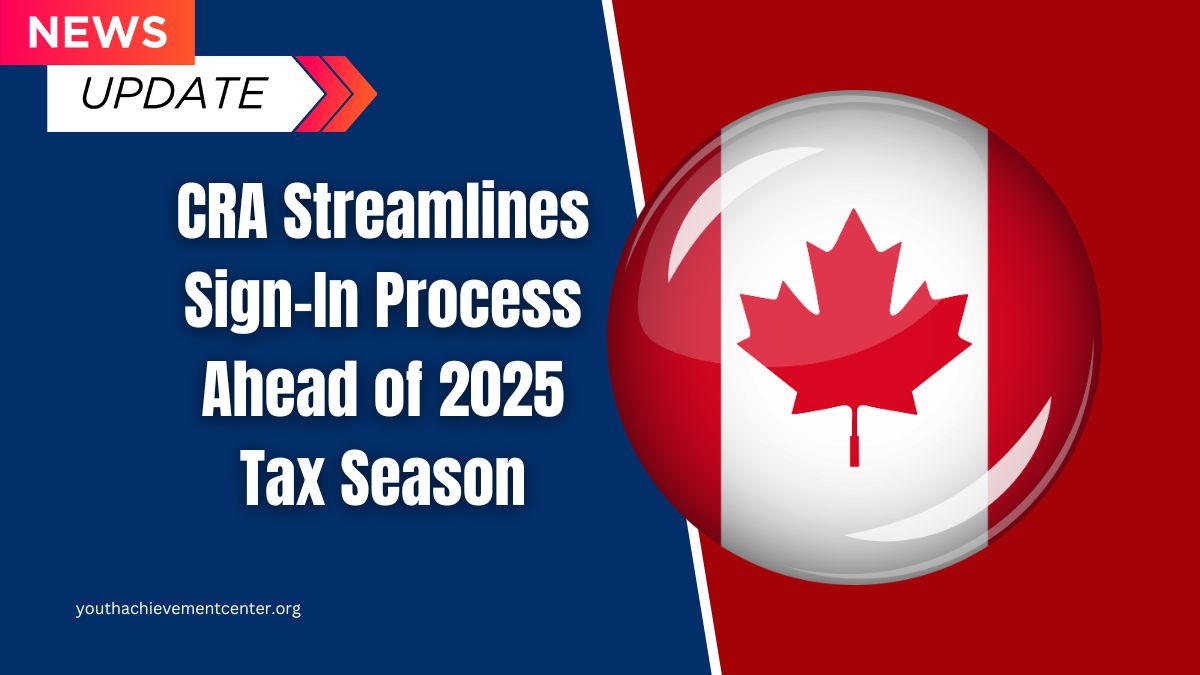The Social Security Administration (SSA) plays a vital role in offering financial assistance through Disability Benefits to millions of U.S. citizens. While the SSA provides several forms of benefits, Disability Benefits are crucial for individuals unable to work due to severe medical conditions.
However, recent updates suggest that a specific group of beneficiaries might lose access to these payments in 2025, raising concerns among recipients. Fortunately, most individuals have no reason to worry if they meet the established requirements.
Why the SSA Is Tightening Regulations
To ensure transparency and efficient allocation of resources, the SSA has started enforcing stricter eligibility criteria. This initiative is aimed at reducing errors and ensuring that only qualified beneficiaries receive support. However, these adjustments may unintentionally impact vulnerable individuals.
For anyone receiving Disability Benefits, staying updated on these changes is essential to avoid potential interruptions.
Key Reasons for the Termination of Disability Benefits
The SSA has outlined several factors that could result in the discontinuation of Disability Benefit payments. These reasons focus on maintaining the program’s financial sustainability and ensuring that benefits are directed to those who genuinely qualify. Below is a summary of the primary causes for benefit suspension:
| Reason for Termination | Description |
|---|---|
| Failure to Pass Medical Reviews | Mandatory evaluations to verify ongoing disability conditions. |
| Recovery of Work Capacity | Partial or complete ability to return to work due to improved health. |
| Income Exceeding SSA Limits | Earning more than the allowed threshold while receiving benefits. |
| Non-Compliance with Program Rules | Failing to adhere to the SSA’s established requirements. |
Periodic reviews are conducted to ensure compliance with these criteria, and beneficiaries must meet all conditions to continue receiving their payments.
Staying Prepared and Informed
Beneficiaries can take proactive steps to secure their Disability Benefits:
- Keep Medical Records Updated: Ensure that all relevant documents and certifications are current.
- Monitor Employment Status: If you regain partial or full working capacity, report the changes to the SSA promptly.
- Adhere to Income Limits: Be aware of the maximum allowable income to avoid disqualification.
- Understand the Program Requirements: Familiarize yourself with all eligibility rules to ensure continued compliance.
Positive Implications of Losing Disability Benefits
In some instances, the cessation of Disability Benefits can signify improved health and the ability to return to work. However, involuntary suspension can create challenges. Beneficiaries who believe their benefits were wrongly terminated should gather comprehensive documentation to appeal the decision effectively.
FAQs
1. What triggers medical reviews for Disability Benefits?
Medical reviews are initiated to confirm that a recipient’s disability persists and remains severe enough to prevent work.
2. What is the income limit for Disability Benefit recipients?
The SSA sets specific income thresholds annually. Recipients must ensure their earnings do not exceed this limit to remain eligible.
3. Can I reapply for benefits if they are terminated?
Yes, you can reapply or appeal if your benefits are terminated, provided you meet the SSA’s eligibility criteria.
4. How often are medical reviews conducted?
The frequency of reviews depends on the likelihood of improvement in the disability condition, ranging from every three to seven years.
5. Is it possible to prevent benefit termination?
Yes, by maintaining compliance with SSA regulations, attending mandatory evaluations, and reporting changes in your condition or income.







